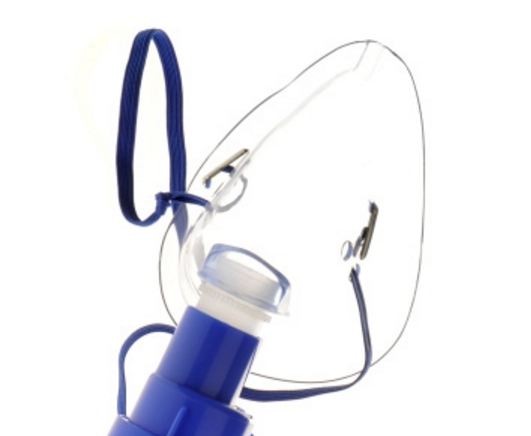Researchers at the University of Leicester in the United Kingdom are reporting a potential medical breakthrough with an asthma pill that significantly reduces the severity of this deadly affliction.
Named "Fevipiprant (QAW039)," the drug is the first new asthma pill for nearly 20 years and was found in trials to considerably decrease the symptoms of asthma while improving lung function; reducing inflammation and repairing the lining of airways.
"This new drug could be a game changer for future treatment of asthma," said Professor Chris Brightling, National Institute for Health Research (NIHR) Senior Research Fellow at the University of Leicester.
The drug is currently being evaluated in late stage clinical trials for efficacy in patients with severe asthma, according to ClinTrials.gov. The research was funded by Novartis Pharmaceuticals, NIHR and the EU Disease Predicting Outcomes through Patient Specific Computational Modeling.
Three people die every day because of asthma attacks and research shows two thirds of asthma deaths are preventable, said Asthma UK.
A total of 61 people took part in the trials. One group was given 225 mg of Fevipiprant twice a day for 12 weeks and the other participants were assigned to a placebo group. Fevipiprant and the placebo were added to the medications the participants were already taking.
The study was primarily designed to examine the effects on inflammation in the airway by measuring the sputum eosinophil count. Sputum eosinophil is an inflammation measurement of a white blood cell that increases in asthma and is used to assess the severity of this condition.
People without asthma have a percentage of less than one and those with moderate-to-severe asthma typically have a reading of about five percent.
The rate in people with moderate-to-severe asthma taking the medication was reduced from an average of 5.4 percent to 1.1 percent over 12 weeks, according to the study published in the prestigious The Lancet Respiratory Medicine journal.
Prof. Brightling led the study at the NIHR Respiratory Biomedical Research Unit, which is based at the Glenfield Hospital in Leicester.
"A unique feature of this study was how it included measurements of symptoms, lung function using breathing tests, sampling of the airway wall and CT scans of the chest to give a complete picture of how the new drug works," said Prof. Brightling.
"Most treatments might improve some of these features of disease, but with Fevipiprant improvements were seen with all of the types of tests.
"We already know that using treatments to target eosinophilic airway inflammation can substantially reduce asthma attacks.
"This new treatment, Fevipiprant, could likewise help to stop preventable asthma attacks, reduce hospital admissions and improve day-to-day symptoms- making it a 'game changer' for future treatment."
He said the latest advance underpinned the work of the Leicester Precision Medicine Institute, a Center of Excellence that coalesces and aligns the research missions of the University of Leicester and the NHS in Leicester.
Asthma is a long-term condition that affects the airways. When a person with asthma comes into contact with something that irritates their sensitive airways it causes the body to react in several ways which can include wheezing, coughing and can make breathing more difficult.






















